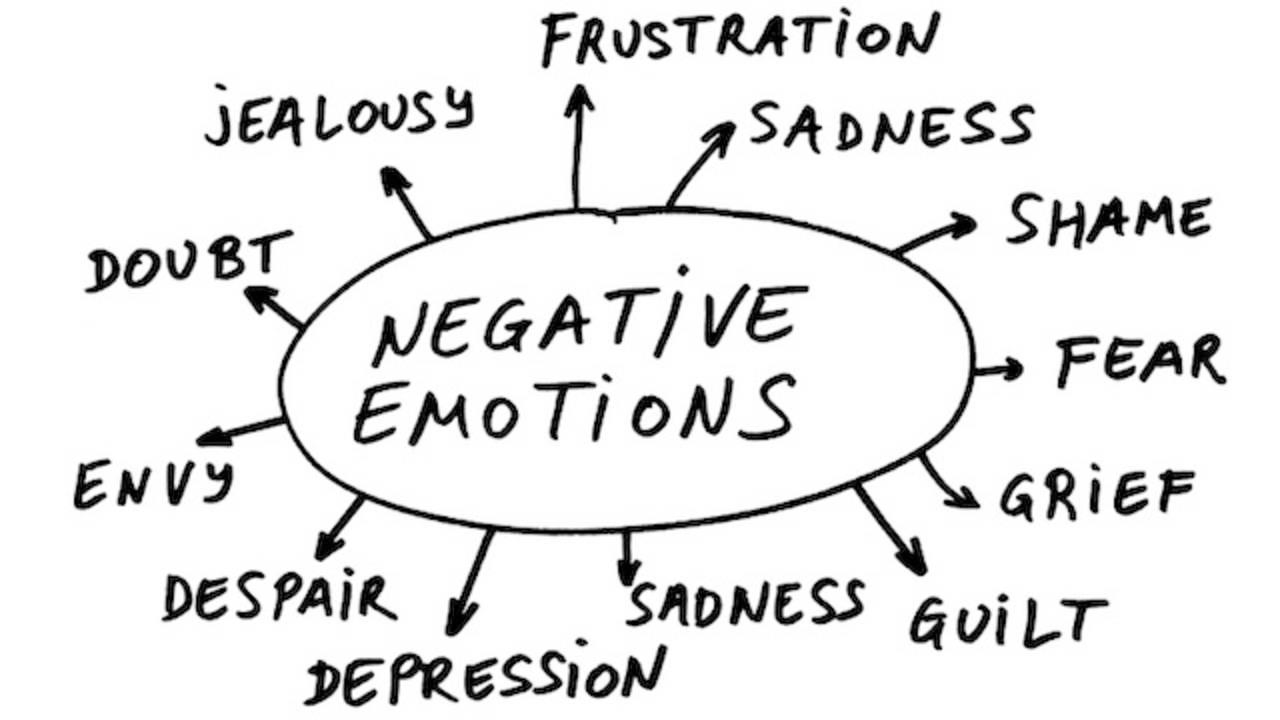FELLINGS – SENTIMENTS
All emotions have the potential to influence buying decisions. What matters more is the type of purchase and the kind of thinking that would facilitate the purchase. High arousal emotions, for example, facilitate impulse purchases because consumers are primed to take action.
Emotions play a huge role in business and in the success of your business. Emotions have an effect on teamwork, customer satisfaction, manager-employee relationships, and employee retention. Plus, the brain’s emotional state affects decision-making, planning and negotiating, and creative thinking.
Sentiment analysis tools are essential to detect and understand customer feelings. Companies that use these tools to understand how customers feel can use it to improve CX. Sentiment analysis tools generate insights into how companies can enhance the customer experience and improve customer service.
SENTIMENTS-FEELING-EMOTIONS

- EXPRESSION
- CHARACTER
- CONSCIENCE-MORAL
- EMOTIONS-FEELING-SENTIMENTS
- TYPES OF FEELING-EMOTIONS-SENTIMENTS
- UNEMOTIONAL-APATHY
Your opinion that most comedies are terrible and that you’d rather watch any other kind of movie could be described as your sentiment, or your attitude, about films. The sentiment means a view or opinion, but it can also mean an emotion. Maybe you prefer tragic movies because you enjoy the sentiment of sadness.
- Embrace meaningful storytelling. The human mind loves a good story. …
- Surprise your audience and get them curious. …
- Know your audience and focus on them. …
- Pay careful attention to creative elements. …
- Always be authentic. …
- Reward responsiveness with engagement.
GOOD SENTIMENTS

- CONFIDENCE
- ENERGY- SEE BIOLOGY HEALTH
- ENTHUSIASM-EXCITE AND HIGH SPIRIT
- EXCITED
- EXCITEMENT –THRILL
- INSPIRATION-MOTIVATION-ENCOURAGEMENT
- ENCOURAGE-MOTIVATE-INSPIRE
- MOTIVATION THEORIES – SEE MOTIVATION SECTION
- CONVINCE-INFLUENCE
- DESTINY-LUCK-FORTUNE-MISFORTUNE
- DESIRE-AMBITION
- HOPE-CHANCE-OPPORTUNITY

- HAPPY AND HAPPINESS
- HAPPY FUN AND ENJOY
- LAUGH
- PATIENCE-COMPOSURE
- PEACE
- SYMPATHY
- DISAPPOINTMENT
- HELP-IN BAD SENTIMENTS SECTION
- REPUTATION-RESPECT-DIGNITY
- SHAME-SHY
BAD SENTIMENTS

- NO FEELINGS-COLD
- PRIDE AND SELF ESTEEM
- ARROGANCE
- SUPERIORITY COMPLEX
- SHOW OFF- ACT PROUDLY
- IRRITATE-HARASS-TAUNT-TEASE
- ANGER-ANGRY
- ANGRY-UPSET
- ANIMOSITY-HATE
- JEALOUSY
- REVENGE-RETALIATION
- CHAOS-CONFUSION
- DISORIENTED
- HELP-SUPPORT-APPEASE-GOOD SENTIMENTS
- DISAPPOINTED-HELPLESS-
- GUILTY-APOLOZIS-REGRET
- SORRY-APOLOGY
- CRY-SADNESS
- CRY-BEREAVE-MOAN
- SHOUT
- PAIN
- SURPRISE-SHOCK
- SHOCK
- PANIC-FRIEGHTEND-APPREHENSION
- NERVOUS-ANXIOUS-STRESS-TENSION
- BORING-SEE IN GENERAL SEC
- IMMORAL
- OBSESSION
- PREVENT-OBSTACLE
- TIRED
From a theoretical perspective, sentiment and mood can be distinguished clearly. While the sentiment is a concept of behavioral finance, mood is a concept that originates in psychology. The proxies of sentiment refer to economic variables, such as stock-market data, whereas the proxies of mood refer to non-economic variables, such as weather data. The direction of causation is one-sided for the mood proxies, which may affect stock return but cannot be affected by stock return. For example, it would not be plausible to suggest that the stock return on a given day explains the hours of sunshine on that day. By way of contrast, the sentiment proxies may both affect the stock return and be affected by the stock return. For example, the opinions expressed in financial social media may not only explain stock return but may also be explained by stock return. Furthermore, sentiment can be diametrically opposed for different stocks or different segments. Mood tends to have a more uniform impact, however, as it affects the general risk aversion of investors, that is, the market-wide discount rate rather than the expected cash flows of a particular stock. While sentiment arises due to the biased cognitive processes of investors, mood arises due to biological processes. It is therefore questionable whether a suboptimal judgment and decision-making caused by mood can be changed easily. Suboptimal judgment and decision-making caused by sentiment, however, appears to be attenuable through learning and experience







